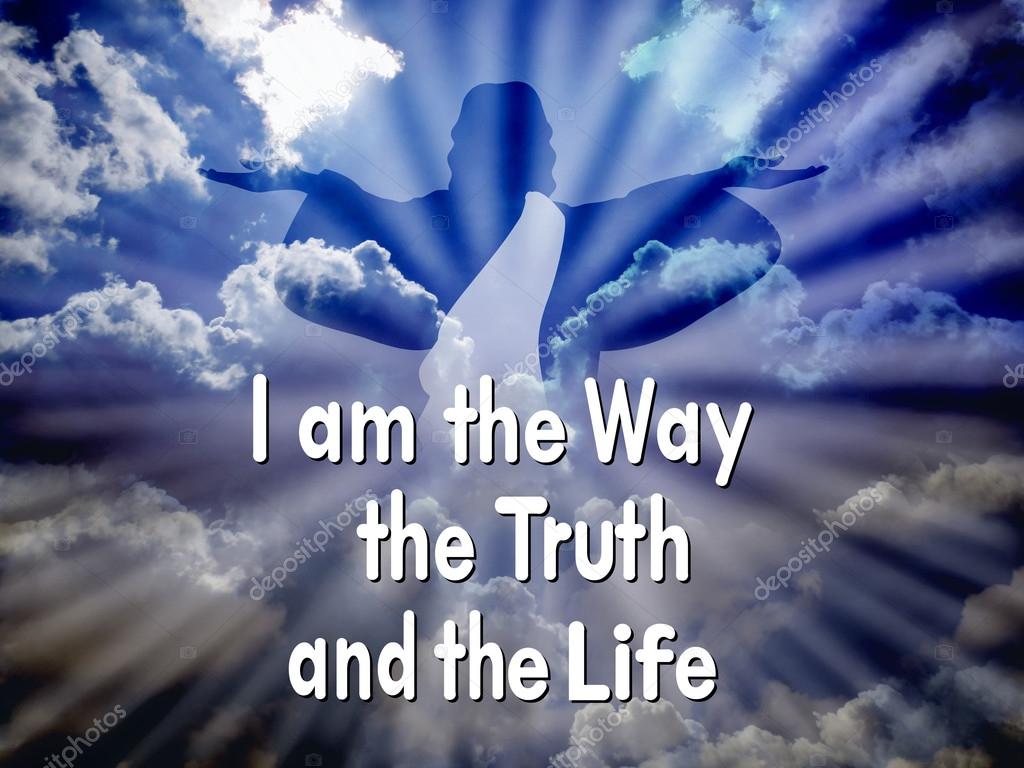
In the Catholic Times' Theological Lecture Hall Column, the priest director of the Catholic Culture Theological Research Center gives the reasons why we need discussion, meetings, experiences, and educational programs that are passed on to grow in the faith.
How are human traits formed? Can a person be fundamentally changed through acquired factors such as education and culture? Are people's emotional and cultural characteristics formed during elementary, middle, and high school days? Does a person change after becoming an adult? How does one person form his or her own thinking patterns, his or her attitude toward others and the world, and the way he or she chooses and performs something?
There is no clear answer to these questions. A person's characteristics will be shaped by internal and external factors. Some may be more influenced by internal factors, and others may be more deeply influenced by external factors. It is not known exactly by what factors a person's temperament and characteristics are formed and developed. It is a fact that the people a person meets and relates to in his or her life, and the educational and cultural environment in which he or she lives, will affect his or her thoughts, attitudes, and ways of behaving.
Depending on religion and denomination, the methods of performing our faith life and the religious characteristics are slightly different. Of course, even if you belong to the same religion and denomination, the way you express, confess, and practice your faith is different depending on your personality, temperament, and characteristics. This means that the characteristics of the way faith is carried out cannot be uniformly defined. However, from an overall perspective, it can be seen that the methods and characteristics of Catholic and Protestant faith behavior in Korean society are slightly different.
Although one shouldn't be making general statements, Catholics are used to following directions, being passive, and living a conventional religious life. On the other hand, Protestants seem to have a more active, and passionate religious life. It can be seen that the form of worship that emphasizes the Bible's words, values confessional beliefs, and elevates emotions gives birth to Protestantism's unique faith. Of course, there is another aspect of the Protestant faith, which is the dogmatism caused by excessive biblical literalism and the closed and exclusive appearance of militant religious confessionalism.
The characteristics of faith also have a profound influence on the way believers live. To be honest, he doesn't know what takes place in their churches and chapels, but there seem to be more believers on the Protestant side who confess and practice their religious beliefs in the workplace and in their daily lives. Of course, there are people like Sunwoo Kyung-sik in Catholicism. However, is it wrong to say that Protestantism seems to have a higher proportion of believers who confess and practice their faith in their daily lives, of course, we have the martyrs in the era of persecution. Sometimes there's a joke that passes among Catholics. On average, Catholic priests and believers look better. In light of many Protestant ministers and believers who are extreme, exclusive, and intolerant, the average level of Catholic priests and believers seems to be a little better. However, Protestantism seems to have a higher number of believers who faithfully confess and practice faith in their daily lives.
Although there is a risk of simplification, the Protestant faith can be defined as Bible study, dynamic worship, and a confessional attitude in daily life. The Catholic faith is also defined by the study of doctrines, Mass liturgies, and customary attitudes according to church laws and ethical norms. The appearance of the Protestant faith negatively shows dogmatic, literal, and exclusive tendencies, but positively reveals religious and devoted characteristics. The appearance of the Catholic faith negatively has formal and habitual characteristics, but positively shows a tolerant and inclusive tendency. Of course, this view is superficial and based only on impressions.
For Catholics, liturgical life is important but can liturgical education alone induce autonomous and active liturgical participation. It is not a question of the theological meaning and salvation effect of the liturgy. This means that there is a desperate need for consideration and reflection on whether today's liturgy is acting as a force for believers to live their faith in their daily life.
In addition to the liturgy, faith education in the parishes is often conducted passively and routinely. Lecture-oriented education is not a real education. There are times when lectures, as a transfer of knowledge and information can stimulate and motivate, are needed. However, unilateral teaching and delivery-oriented lectures do not foster the autonomy and dynamism needed.
A transition should be made to a study and conversation-oriented education method in which we participate together. The transfer of faith is not simply the transfer of doctrinal knowledge. The transfer of faith must be done in a personal way. It should be an educational method of conversation, meeting, and experience.
Faith must work in the head, mind, and body, in all areas. Today's Catholic faith education tends to teach only doctrinal knowledge and norms and emphasize only formal participation of the body. True religious beliefs can arouse the mind and move the body. Faith education should be conducted in a way that can elicit religious visions and beliefs, the passion of the mind and soul, and move the body.
Faith can only be transmitted in the manner of faith. The way of faith means the way of Jesus Christ and in a human way. Faith education conducted routinely in a hierarchical culture does not form true faith. It is necessary to reflect deeply on what it means to "educate in a Christian Way".